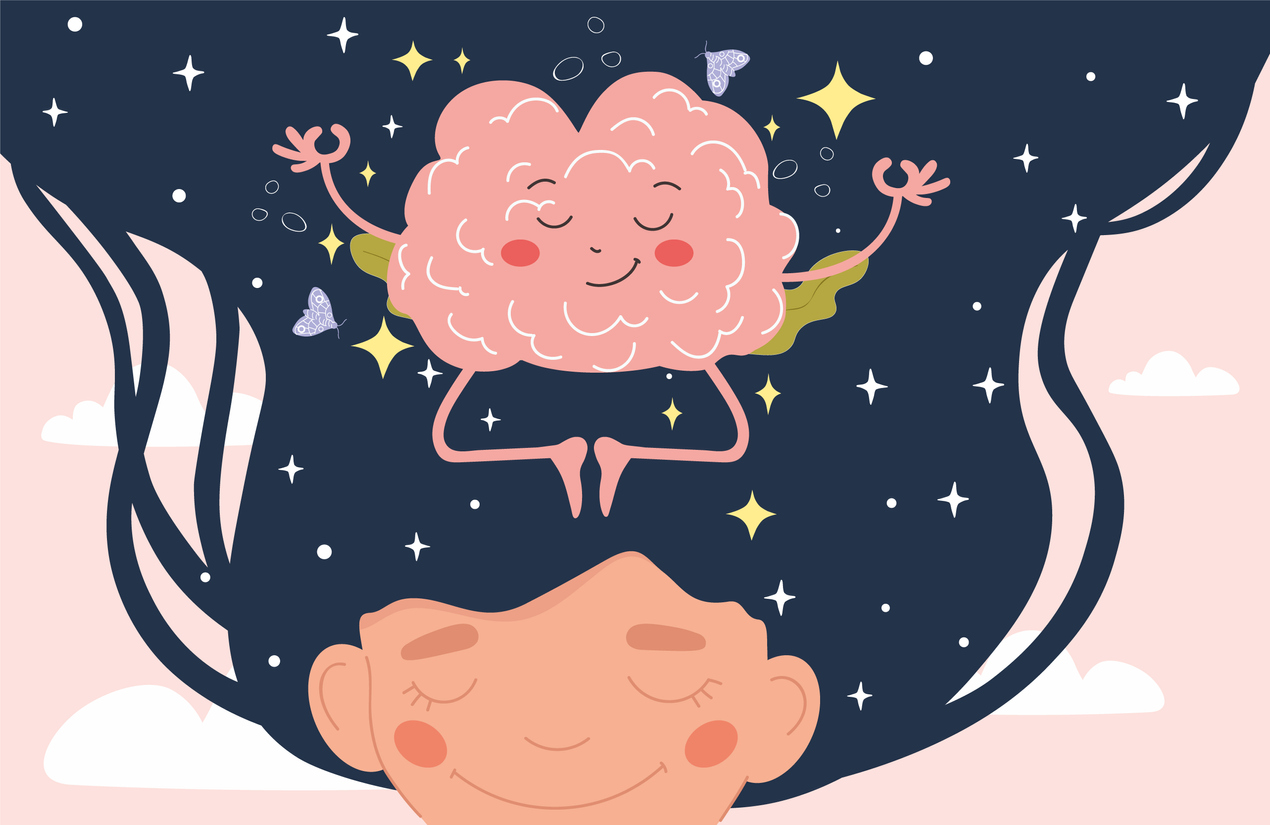Living with Chronic Pain
Self-Care for Mental Health

What is mental health?
Mental health refers to psychological, behavioral, and emotional well-being. It involves how individuals think, feel, behave, and regulate emotions. Mental health also affects how people engage with others, react to stressors, and make decisions.
Self-care for mental health
Self-care involves taking time to engage in activities that support well-being, both physically and emotionally. In terms of mental health, self-care can help individuals cope with daily stressors, manage emotions, improve moods, boost self-esteem, and become resilient in the face of adversity. It is important to note that self-care is not a cure for a mental disorder.
Examples of self-care
Even small acts of self-care can play a large role in mental health. Self-care can also lower the risk of illness and increase energy. Suggestions to get started with self-care to improve mental health include, but are not limited to, the following:
- Practicing meditation, progressive muscle relaxation, and breathing exercises
- Journaling
- Pursuing gratitude
- Engaging in an enjoyable hobby
- Attending a religious service
- Connecting with family members and friends
- Getting a massage
- Participating in a pampering activity, such as a manicure or spa
- Spending time in nature
- Prioritizing sleep
- Partaking in regular physical activity
- Consuming a healthy diet
Self-care techniques vary per individual. An activity that is beneficial to one person’s mental health may have no effect or provide a negative effect on others. Individuals should start slowly, choose a small act of self-care to implement on a regular basis, and notice how it makes them feel. If it is beneficial, continue that practice and add other aspects of self-care. If it is not beneficial, stop the practice and attempt something different.


















